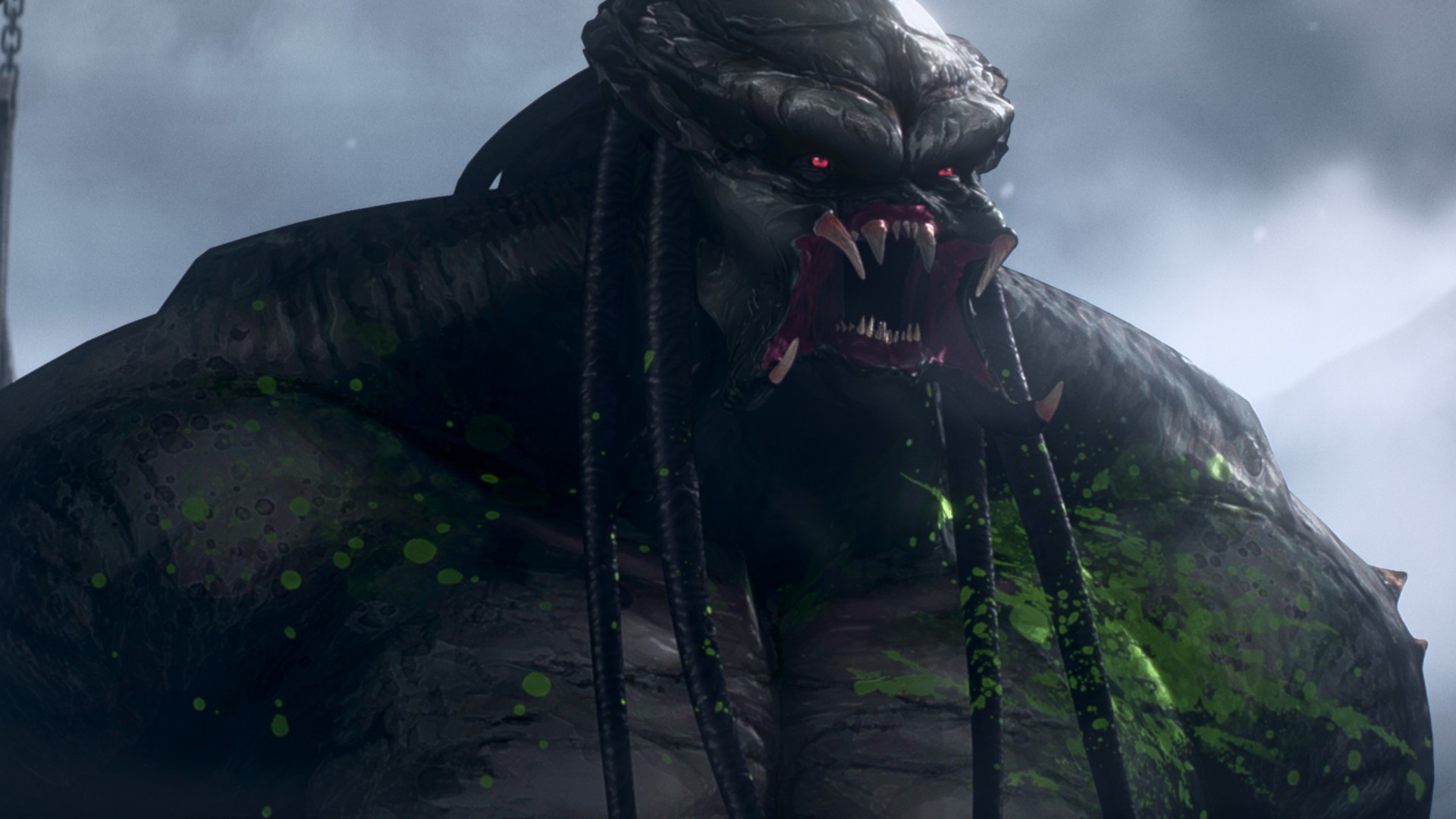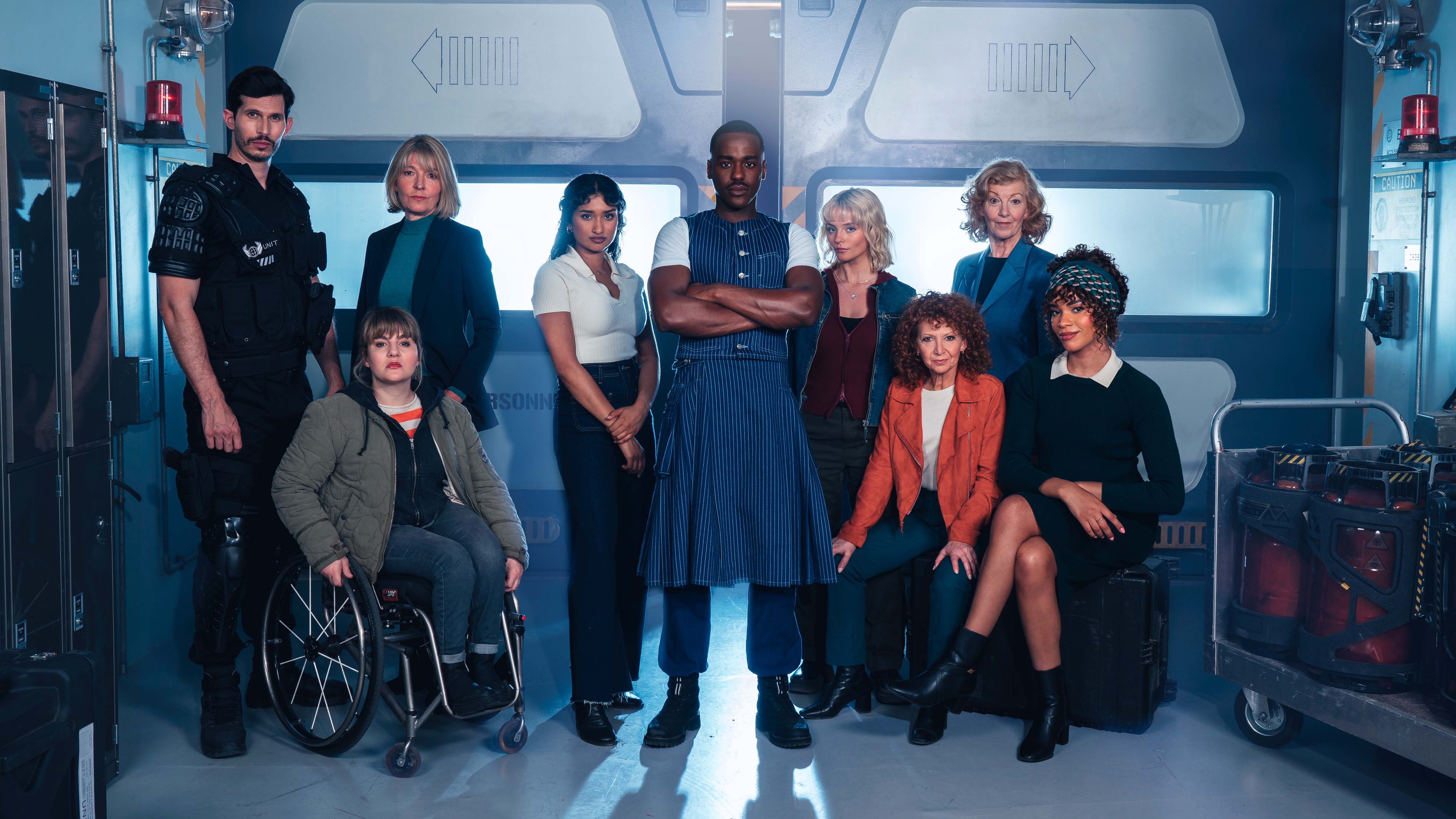How does Marvel's Thor measure up to his Norse counterpart?
How does🔴 the Marvel Thor compare toဣ the mythical Thor? We ask an expert

With the 澳洲幸运5开奖号码历史查询:Marvel Studios films, Thor has gone from one in a long line of mythological heroes people might know to arguably the most popular mythological hero out there. (Sorry🎀, Hercules).
But how similar is ♌Marvel's version of Thor to what he was based on, the Thor from Norse mythology?
"I sometimes use this as a question on my final exam," laughed Merrill Kaplan, who teaches Norse literature and folklore to college students. "The comics got the basics right. Thor is a defender of mankind. And he's got his handy hammer. Those are big. But just about everything else꧟ is different."
Kaplan should know. As an assistant professor of Folklore and Scandinavian Studies at The Ohio State University, she's heard a ꦯlot about Marvel's Thor from stಌudents.
"It's fun having tho𓄧se guys in class, and they bring a certain amount of energy," 𒆙Kaplan said, admitting that she's done a little comics research herself by reading some of comic book creator Walt Simonson's Thor - largely considered Marvel's definitive run - and all of The Ultimates, featuring a more contemporary, alternative versions of Marvel Universe heroes.
"But what's essential for them is to realize this is a different guy," Kaplan𝓡 said. "This is not Marvel Thor that I'm talking about [in class]. And it's fun to see them have that moment of confusion, and you get to watch what they find disappointing, and then you get to watch them get excited about the stuff they never knew."
Kaplan enjoys how the M🦋arvel Studios 🦋films have inspired more students to sign up for Norse mythology classes.
Comic deals, prizes and latest news
Get the best comic news, insights, op꧒inions, analysis and m𝐆ore!
"I love it when I get students who are interested🎉," she said. "I get energy in my classroom."
So what are the similarities and differences between Marvel's Thor and hi𓆉s mythological inspiration?
Thor the superhero
One of t♐he most obvious aspects of Marvel's Thor is that he's a superhero, fighting for good and defending those in need. According to Kaplan, that version of Thor isn't much of a stretch.
"The mythological Thor is, of the Norse gods, the one closest to looking like a human hero," she said, "so if you were going to pull out a god from Norse mythology and make him into a hero working on behalf of mankin♋d, Thor's your man."
But Kaplan said "looking" like a human hero does𒊎n't mean his actꩵual appearance.
"What I mean is that Thor in mythology is very much heroic in that he runs out and battles and saves people. He's the defender of the realm of gods and men. He goes out and smites trolls. He fights one-on-one," she said. "And in stor💯ies of human heroes, a lot of them are monster-slayers. So of all the Norse gods, Thor fits best with that idea of a hero. The stories of Thor make sense if you substitute a human in there. That's not🦩 true of stories about Odin or Loki."
Mjölnir, the hammer of Thor
In the Thor comics and films, movie-goers will see Chris Hemsworth, who is playing Thor, wielding a hammer that is named Mjölnir, with a name and power that is similar to its roots ⛦in mytholo🎐gy.
"The hammer's dead-on,🃏" Kaplan said. "The Thor in mythology has a hammer. It really does return when he throws it. We never actually see that in the stories, but we're told in one of our best sources that 💎that is true. The boomerang thing is dead-on."
Thor's appearance and masculinity
But Thor of mythology is supposed to be a redhead and ༒have a beard, which Kaplan admits may sound "picky," but is related to the system of Norse mythology in an important way.
"This was a society where beards are an important signifier of masculinity, and Thor in the mythology is very much about the ideals of masculinity," she said. "You take that away from him and it changes who he ✨is."
Kaplan cited a story where others dress Thor up in women's clothing. "He absolute꧙ly flips. He's like, 'all the other gods will call me a sissy!' And [the story's] all about him getting his hammer back," she laughed. "See? Myths are great."
Although Kaplan admitted she has seen beards on the comic book versions of Thor — naming Marvel's Red Norvill as an example — she said the classic Marvel and MCU Thor as a blonde, blue-eyed god reprꦐesents something very d🎃ifferent from the traditional mythology.
"I'm not sure why he wasn't created as a redhead. I suppose you can make some interpretatio♌ns about what the blond is about. After all, we've got undꩵerstandings about what 'blue-eyed, blond' means.
"But there are things that it is not about, because, after all, this was [Jack] Kirby, who was Jewish," she said, naming the artist who originall𓆏y co-creatಌed the Marvel character. "I believe it mostly has to do with our idea of what 'Scandinavian' is supposed to look like."
Odin and Loki
In the MCU,, Odin is played by Anthony Hopkins, and Kap🌠lan said the character's portrayal contrasts greatly with the version from mythology.
"When I saw [the first film], the part when I really cracked up is when Anthony Hopkins🅰 scolds his son for bringing on war," she said. "But Odin in mythology starts wars, creates strife."
Kaplan explained that in Norse mythology, the 📖gods are usually battling the gian﷽ts.
"During these constant battles with giants, Odin creates strife," s❀he said. "But he's not a hand-to-hand combat guy like Thor. Odin's contribution is frequently gathering knowledge and prophecy and magic stuff. His associations are with warfare, strife, poetry, and the type of magic that men are not supposed to do."
Odin frequently lies, and he engages in battles of words and knowledge, she explained. And no matter what, the gods always beat the giants —♏ until the end, which is called 'Ragnarök,' where the giants finally beat the gods.
"[Odin is] also the one who steals poetry fr❀om the giants and brings it to gods and people," Kaplan said. "But poetry is actually an alcoholic magical substance, and one of the words for poetry is also the word for madness, so he's also kind of associated with insanity, because it's the idea that you're in a slightly altered state when you compose.
Loki is a trickst🍷er in myth𒈔ology, just like he is in the comics and movies.
"But he doesn't lie, ওand he always makes things right again," Kaplan said. "Typically, he makes trouble for the gods, and then he gets them out of it. He'll make contracts and mess things up. Then he has to be tricky in order to make things right again. So he's interesting because he's very much about making trouble, but he doesn't lie. Odin lies all the time."
She said both♋ Odin ꦦand Loki are trouble-makers, but they're very different from their Marvel counterparts.
"Odin is a disturbing guy. He's dishonest and he makes trouble on a really, really big scale, although he is trying to avert Ragnarök," Kaplan said. "Loki makes trouble; typically he fixes it. There's one crucial time when he doesn't: He's the one who starts Rജagnarök, so he takes down the entire mess, eventually. So you can see that, because Thor is very straight ahead, and on your side, that's what makes him more like a human hero."
Family Differences
In mythology, Thor seems to be very much about the family unit, Kaplan said, which is something she ๊hasn't♚ seen addressed in the Thor comics.
"In mythology, his🍰 wife's name is Sif, but in mythology, she's not someone with a sword [like she is in the comics and movies], which is too bad. And in the mythology, she's blond, with a whole myth about why she's blond," Kaplan said, contrasting her with Marvel's brown-haired, sword-wielding Sif.
"His wife's name means something like 'kinship rela�💝�tion,' so there's something very basic about the family being part of Thor's profile. And when he's referred to not by name, but in terms of other things, he may be very frequently called 'husband of Sif,' or 'father of Magni,' or 'son of Odin,'" she said. "And the poetic language about him tends to be in terms of family."
The Age of Geeks
The addition of Th🌺or (via the MCU) into pop culture is just another layer of Norse mythology's continuing endurance among geeks, Kaplan▨ said.
"In its way, Norse mythology is still alive," she said. "I don't mean paganism is alive, although there are people who have tried to revive rituals regarding these stories. But there has never been a point at which no o🥀ne has been interested in this stuff.
"When the age of Norse paganism closed in h𓃲istory," s𝓰he said, "the age of geeks opened."
The age of geeks?
Kaplan laughed, explaining that most of what we know about Norse mythology comes from monks and Christian writers who weren't worshipping these gods, but were just "ge🐷eking out" about how "cool" the stories were.
"Some of them were men in monasteries, professional men of the clergy, who thought these stories were really cool," she said. "It's the age of geeks that kept Norse myth aliv𝄹e. And I guess it's what continues to keep it alive."
Kaplan said there are also influences from Norse mythology that most people don't even realize. For exam👍ple, "Thursday" derives from "Thor's Day."
"Som🍷ebody is always naming something after a Norse god or goddess or something in the myths," she said, citing Norwegian oil platforms called Thor and Odin. ♉"In a way, the story of Norse mythology is still going on."
While Kaplan🐻 doesn't consider the comic book stories to be "myths," she does think they're worthy of serious study, and pointed out more than one of her colleagues at Ohio State who teach classes on comic books.
"Are [comi🤡cs] stories that are very significant to us and are worth analyzing as expressions of our culture? Totally!" she said. "But myths are narratives set in the distant past or future about the creation institution of some very fundamental aspects of the cosmos and society, and which are regarded as true and sacred by so൲mebody. Comics are really not about that, and they certainly are not sacred. But hey, I think we can study them anyway."
And she doesn't mind that the mythological Thor has been changed for the comics and movies. "Nobody gets upset about the Disney version of Robin Hood, just because Robin Hood's not a fox," she said. "We keep telling stories to ourselves and using them to think about different things, and trying really consciously to make them have meaning. And that🐻's important in its own way."
Make sure you've read all of Marvel Comics' 澳洲幸运5开奖号码历史查询:best Thor stories.
Vaneta has been a freelance writer for Newsarama for over 17 years, covering Marvel and DC, and ev🦄erything in between. She also works in marketing.


